PIB Fact Check Unit (FCU)
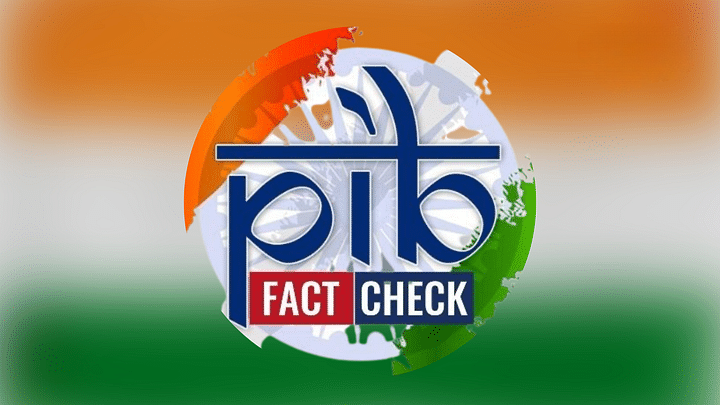
- 22 Mar 2024
Why is it in the News?
Recently, the Supreme Court stayed the Centre’s notification of the Fact Check Unit (FCU) under the Press Information Bureau (PIB) until the Bombay High Court arrives at a final decision on the challenge to the amended Information Technology (IT) Rules.
Background:
- Under the Government of India (Allocation of Business) Rules, 1961, the Ministry of Information and Broadcasting (MIB) is entrusted with the responsibility of disseminating information about government policies, schemes, and programs through various mediums of communication.
- In fulfilling its role, the Ministry publicizes the policies, initiatives, schemes, and programs of the Government of India through press releases, press conferences, webinars, publication of books, etc.
- To carry out this crucial function, the Ministry has several attached and subordinate offices, including the Press Information Bureau (PIB).
- A significant aspect of the responsibility of facilitating public information about the functioning of the Government of India involves countering the dissemination of fake, false, and misleading information.
- The PIB has been carrying out this function for a long through a wide distribution of accurate and reliable information, issuing rebuttals, etc.
- In the age of social media where information spreads rapidly, the spread of fake and manipulated information, especially related to the functioning of a democratically elected Government, is dangerous to society as it has the potential to intensify social, economic, and political conflicts, weaken public trust in democratic institutions, and even endanger the life of the citizens.
What is the PIB Fact Check Unit (FCU)?
- The Press Information Bureau has been at the forefront of taking proactive measures to combat fake news related to the Government of India.
- In November 2019, PIB established a Fact Check Unit (FCU) to tackle the issue of fake news about the Government of India, its various ministries, Departments, Public Sector Undertakings, and other Central Government organizations.
- The unit verifies claims about government policies, regulations, announcements, and measures.
- Through an established rigorous fact-checking procedure, the PIB Fact Check Unit helps dispel myths, rumors, and false claims and provides accurate and reliable information to the public.
Organization
- The PIB Fact Check Unit is headed by a senior DG/ADG level officer of the Indian Information Service (IIS).
- The day-to-day operations of the Unit are handled by IIS officers at various levels. The Unit reports to the Principal Director General, PIB who functions as the Principal Spokesperson of the Government of India.
Fact-Check Mechanism
- Users send requests over WhatsApp, email, or a web portal. Each such request received is considered a ‘Query’.
- Queries are segregated by the Unit based on their relevance to matters about the Government of India.
- Only queries about the Government of India are considered and taken up as Actionable Queries, while others are deemed not relevant for action.
- The information in question is checked rigorously through multiple layers of cross-checking through Government Open-source information, use of technological tools, and verification from the concerned Government of India organization.
- Should the Unit come across a piece of information that the Unit ascertains must be busted publicly for the larger benefit of the people of India, after investigation and verification from official & authoritative sources, it publishes a 'Fact Check' on its social media platforms.
- Often a single fact check can be a result of multiple queries.
Fact-checked content can be segregated into the following three categories:
- Fake: any factually incorrect news, content, or, piece of information related to the Government of India, spread intentionally or unintentionally, that can deceive or manipulate the audience, with or without the intention to cause potential harm, can be flagged as Fake
- Misleading: any information presented, either partially true or with selective presentation of facts or figures or with distortion of facts or figures and to deceive or mislead the recipient of the information.
- True: any information that is found to be factually correct after investigation
Shanghai Cooperation Organisation (SCO) Startup Forum
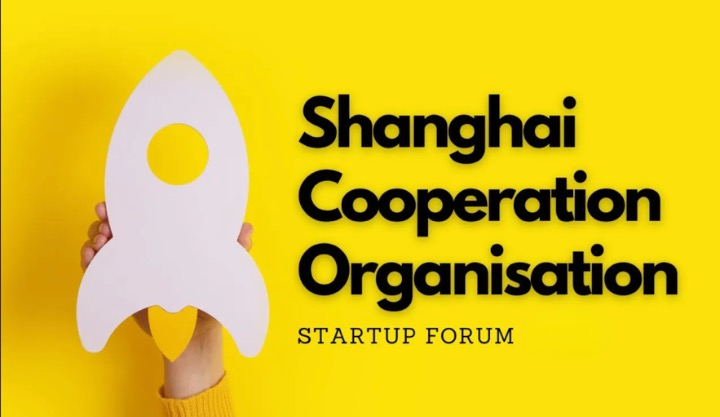
- 22 Mar 2024
Why is it in the News?
India will host the fifth meeting of the Shanghai Cooperation Organisation startup forum in January next year according to the commerce and industry ministry.
About the Shanghai Cooperation Organisation Startup Forum:
- The SCO Startup Forum is a platform for the stakeholders from the startup ecosystems from all SCO Member States to interact and collaborate.
- The entrepreneurial activities aim to empower the local startup communities in the SCO Member States.
- The SCO Startup Forum aims to create multilateral cooperation and engagement for startups among the SCO Member States.
- This engagement will empower the local startup ecosystems in the SCO Member States.
The following are the objectives of the engagement:
- Sharing of best practices to promote entrepreneurship and innovation to build knowledge-exchange systems
- Bringing Corporations and Investors across to work closely with startups and provide local entrepreneurs with much-needed support and market access
- Increasing scaling opportunities for startups by providing solutions in the field of social innovation and providing Governments with a plethora of innovative solutions
- Creating open procurement channels to enable matchmaking for procuring innovative solutions from startups
- Facilitating cross-border incubation and acceleration programs that will enable the startups to explore international markets and get focused mentorship.
Upcoming Events:
- India is set to host the second meeting of the Special Working Group for Startups and Innovation (SWG) in November 2024 and the SCO Startup Forum 5.0 in January 2025.
Past Initiatives:
- SCO Startup Forum 1.0: Established in 2020, laying the groundwork for multilateral cooperation among SCO Member States' startups.
- SCO Startup Forum 2.0: Held virtually in 2021, introducing the SCO Startup Hub, a centralized platform for the SCO startup ecosystem.
- SCO Startup Forum 3.0: Organized physically in 2023 by the Department for Promotion of Industry and Internal Trade (DPIIT), marking a significant milestone for SCO Member States' startup collaboration.
- 1st Meeting of the SWG: Led by India, the first meeting of the SCO Special Working Group on Startups and Innovation in 2023 focused on the theme 'Growing from Roots', emphasizing foundational growth within the startup ecosystem.
Usha Mehta
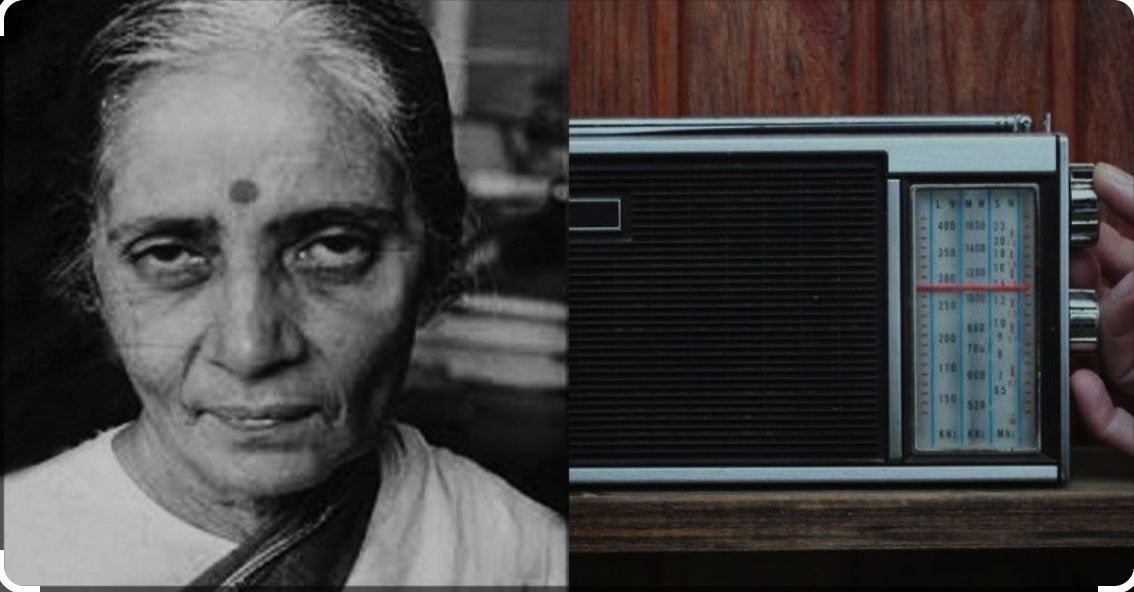
- 22 Mar 2024
Why is it in the News?
A recent film has been launched, depicting the inspiring life story of Indian freedom fighter Usha Mehta.
About Usha Mehta:
- Born in 1920 in the village of Saras, near Surat in Gujarat, Usha Mehta, affectionately known as Ushaben, embodied the Gandhian principles of non-violence and civil disobedience from a young age.
Early Activism:
- At the tender age of eight in 1928, she participated in a protest march against the Simon Commission, demonstrating her early commitment to India's independence struggle.
- The Secret Congress Radio: In 1942, amidst the fervor of the Quit India Movement, Usha Mehta and her colleagues boldly established the Secret Congress Radio.
- This clandestine radio station played a pivotal role in connecting freedom movement leaders with the masses, ensuring the dissemination of crucial information, and maintaining the spirit of resistance against colonial rule.
Establishing an Underground Radio Station:
- With the outbreak of the War in 1939, the British government imposed stringent measures, including the suspension of all amateur radio licenses throughout the Empire.
- Operators were mandated to surrender their equipment to the authorities, under threat of severe repercussions for non-compliance.
Key Figures in the Operation:
- Usha Mehta, alongside Babubhai Khakar, Vithalbhai Jhaveri, and Chandrakant Jhaveri, played instrumental roles in orchestrating the Congress Radio initiative, defying the ban on amateur radio broadcasting.
The Congress Radio Trial:
- The trial of the five accused individuals—Usha Mehta, Babubhai Khakar, Vithalbhai Jhaveri, Chandrakant Jhaveri, and Nanak Gainchand Motwane, who facilitated crucial equipment—captivated public attention in Bombay.
- While Vithalbhai and Motwane were acquitted, Mehta, Babubhai, and Chandrakant faced severe sentences for their involvement.
Usha Mehta's Legacy:
- Following her release from Pune's Yerawada Jail in March 1946, Usha Mehta was lauded in nationalist circles as "Radio-ben," symbolizing her courageous defiance and commitment to the freedom struggle through underground broadcasting.
Independence, PhD, & Padma Vibhushan
- When India finally achieved independence in 1947, the British had divided the country into two parts – India and Pakistan, sending the region into chaos.
- The divide results in massive bloodshed with more than 10 million Hindus, Muslims, and Sikhs seeking to find their home.
- Mehta was torn. “In a way, I was very happy, but sad at the same time because of partition.
- It was an independent India but a divided India,” she was quoted as saying in the book Freedom Fighters Remembered.
- She was away from active politics in independent India due to her ill health but continued to remain a staunch Gandhian till the very end.
- She penned the script for a documentary on Gandhi produced by her colleague at the radio station, and earned a PhD in Gandhian thought at the University of Bombay.
- She taught political science and ran the politics department at the university.
- She also taught at Wilson College for 30 years.
- She was also the president of the Gandhi Peace Foundation.
- In 1998, she was awarded India’s highest civilian honor, the Padma Vibhushan.
- She lived a simple life and never married or had children.
- She died on 11 August 2000 at the age of 80.
International Telecommunication Union (ITU)
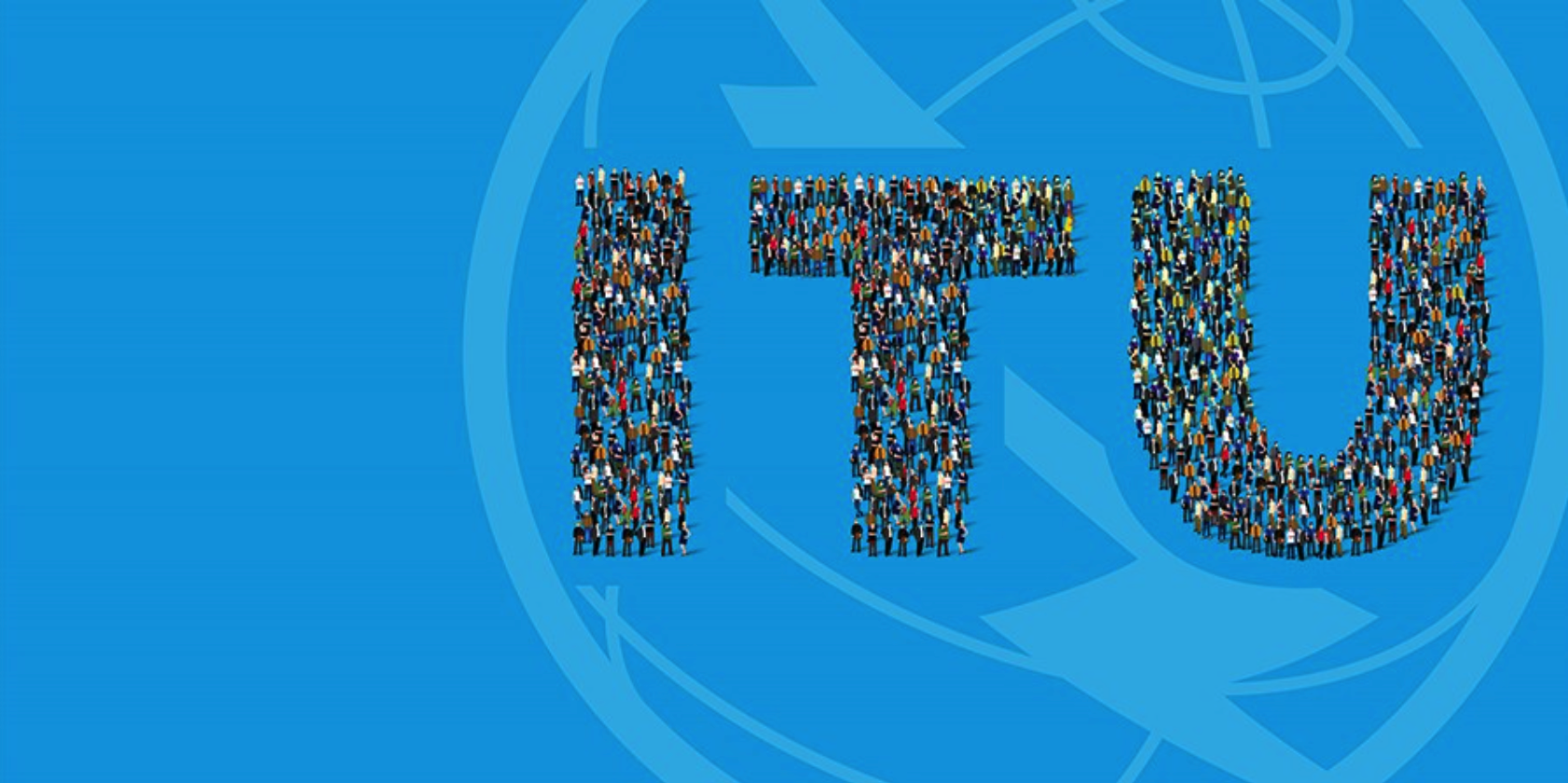
- 22 Mar 2024
Why is it in the News?
Dr. Neeraj Mittal's unanimously elected as co-chair of the International Telecommunication Union (ITU)'s digital innovation board recently.
About the International Telecommunication Union (ITU):
- Established in 1865 as the International Telegraph Union, the ITU has evolved into the United Nations specialized agency for information and communication technologies (ICT).
- Recognized as a vital intergovernmental organization, the ITU facilitates collaboration between governments and private sector entities to advance global telecommunication and ICT services.
Key Points:
- Status: Designated as a specialized agency of the United Nations in 1947.
- Membership: Boasting a diverse membership of 193 countries and over 1000 companies, universities, and international and regional organizations.
Functions:
- Allocation of global radio spectrum and satellite orbits.
- Coordination and establishment of technical standards about telecommunication/ICT.
- Initiatives to enhance ICT accessibility in underserved communities worldwide.
- India's Engagement: India has maintained an active presence within the ITU since 1869, consistently participating in its endeavors.
- Notably, India has been a regular member of the ITU Council since 1952.
- Headquarters: Located in Geneva, Switzerland, the ITU serves as the global epicenter for fostering collaboration and innovation in the realm of ICT.
What is the Digital Innovation Board?
- The Digital Innovation Board is a pivotal component of the Innovation and Entrepreneurship Alliance for Digital Development, aimed at addressing pressing needs within the realm of innovation as outlined in the Kigali Action Plan, which was adopted at the World Telecommunication Development Conference 2022.
- Comprised of Ministers and Vice Ministers of Telecom/ICT from 23 Member Countries of the International Telecommunication Union (ITU), spanning across Asia, Europe, Africa, and North, and South America, this board serves as a strategic advisory body.
- ITU initiated the Innovation and Entrepreneurship Alliance for Digital Development to tackle significant challenges and opportunities in innovation.
- This alliance operates through three key mechanisms:
- The Digital Transformation Lab
- The Network of Acceleration Centers, and
- The Digital Innovation Board.
- The Digital Innovation Board's primary objective is to offer strategic guidance, expertise, and advocacy in promoting local capacity building, fostering innovation, and encouraging entrepreneurship in digital development.
- Its overarching mission is to cultivate a more inclusive and equitable digital future for all stakeholders.
Enforcement Directorate (ED) Arrests Delhi Chief Minister
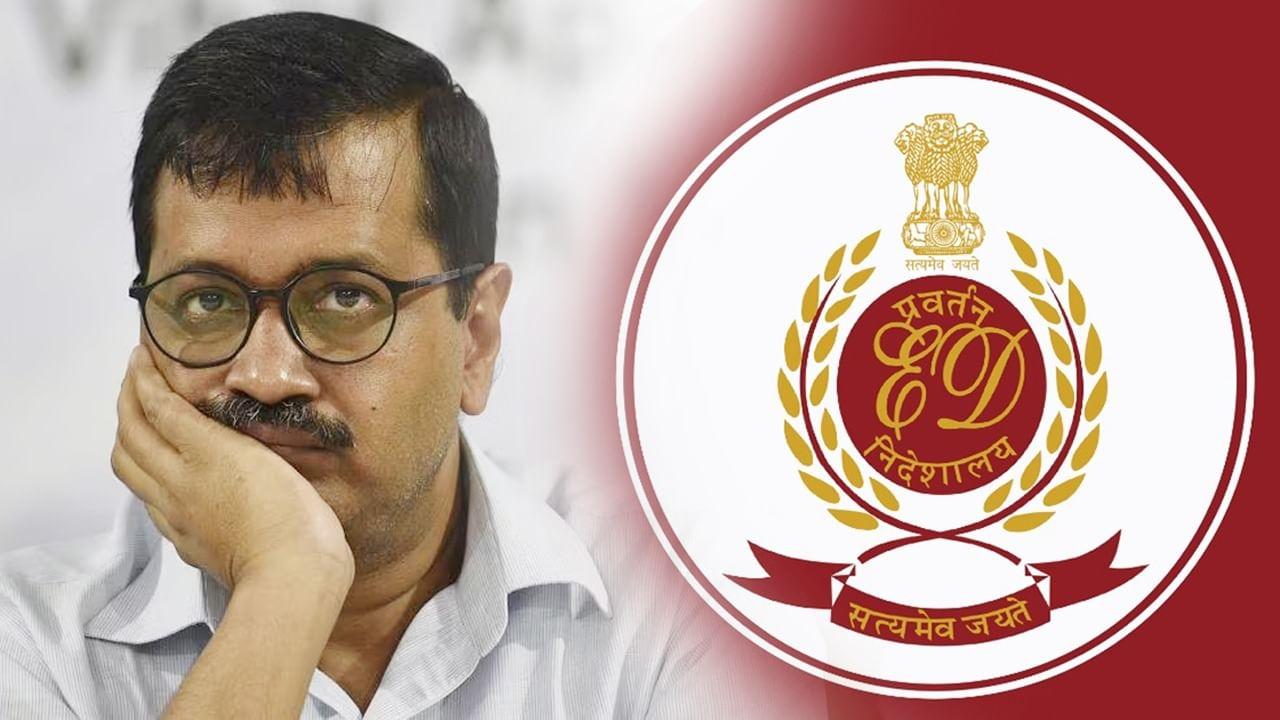
- 22 Mar 2024
Why is it in the News?
Delhi Chief Minister Arvind Kejriwal was recently arrested in the Delhi excise policy case, in which he had been issued multiple summons by the Enforcement Directorate (ED).
About the Enforcement Directorate (ED):
- Established in 1956 as the 'Enforcement Unit' under the Department of Economic Affairs, the Enforcement Directorate (ED) underwent a name change in 1957.
- Presently, ED operates under the Department of Revenue (Ministry of Finance) administrative control for operational purposes.
Roles and Responsibilities:
- ED is responsible for enforcing the Foreign Exchange Management Act, 1999 (FEMA) and certain provisions of the Prevention of Money Laundering Act (PMLA).
- In case of FEMA violations, ED has the authority to attach the assets of offenders.
- ED is also empowered to conduct searches, seizures, arrests, prosecutions, and surveys against PMLA offenses.
Appointment Process for ED Director:
- The Central Government appoints the ED Director based on the recommendations of a committee, which comprises:
Chairperson: Central Vigilance Commissioner
Members: Vigilance Commissioners, Home Secretary, Secretary DOPT, and Revenue Secretary.
What is the Delhi Excise Policy 2021-22?
- The Delhi Excise Policy 2021-22, also known as the new liquor policy, was introduced on November 17, 2021, to transform liquor sales in the city.
- This policy marked a significant departure from the traditional model by privatizing liquor shops and aiming to enhance customer experience while curbing black market activities.
- However, amidst controversy and allegations of procedural irregularities, Delhi ultimately reverted to its previous excise regime.
Key Features:
- The new policy divided Delhi into 32 zones, each open for bidding by firms, departing from individual licenses to zone-based bidding.
- 849 retail vend licenses were auctioned by the Excise department.
- Notably, the policy allowed for discounts to retail customers and reduced dry days to three from 21.
- It proposed innovative measures such as home delivery of liquor and lowering the drinking age from 25 to 21, although these were not implemented.
Controversy:
- Before implementation, the policy underwent scrutiny by the Chief Secretary, who alleged procedural lapses and irregularities.
- The report implicated the Deputy CM for making unilateral decisions, leading to financial losses and allegations of kickbacks.
- These kickbacks were purportedly used to influence elections in other states, leading to a CBI investigation and subsequent arrest of the Deputy CM and others.
- The Enforcement Directorate (ED) also initiated investigations into alleged money laundering, with claims of substantial proceeds of crime and kickbacks reaching prominent political figures.
- In essence, the Delhi Excise Policy 2021-22, while aiming for modernization and improved governance in liquor sales, was marred by controversy and allegations of corruption, prompting a thorough investigation into its implementation and aftermath.
